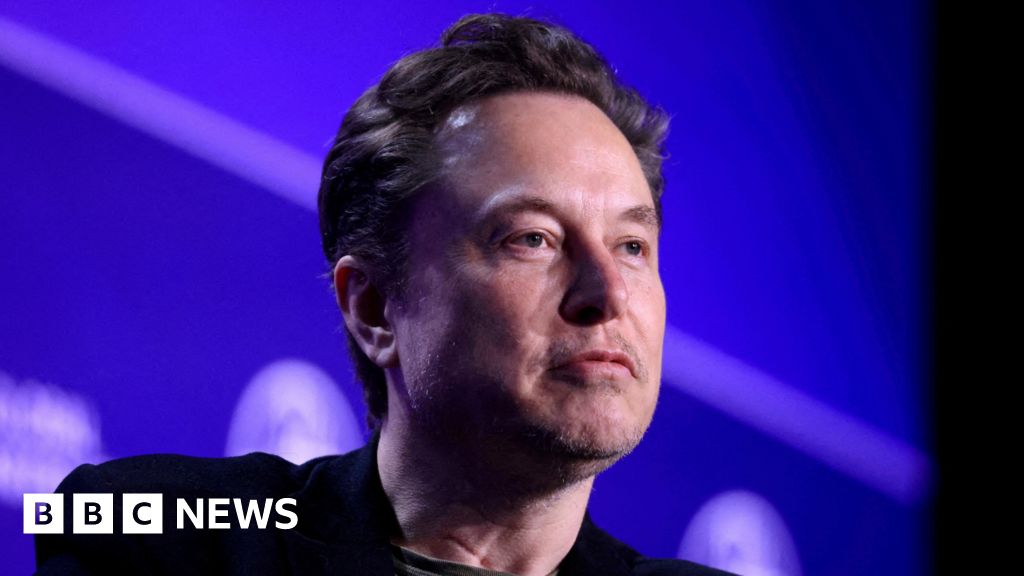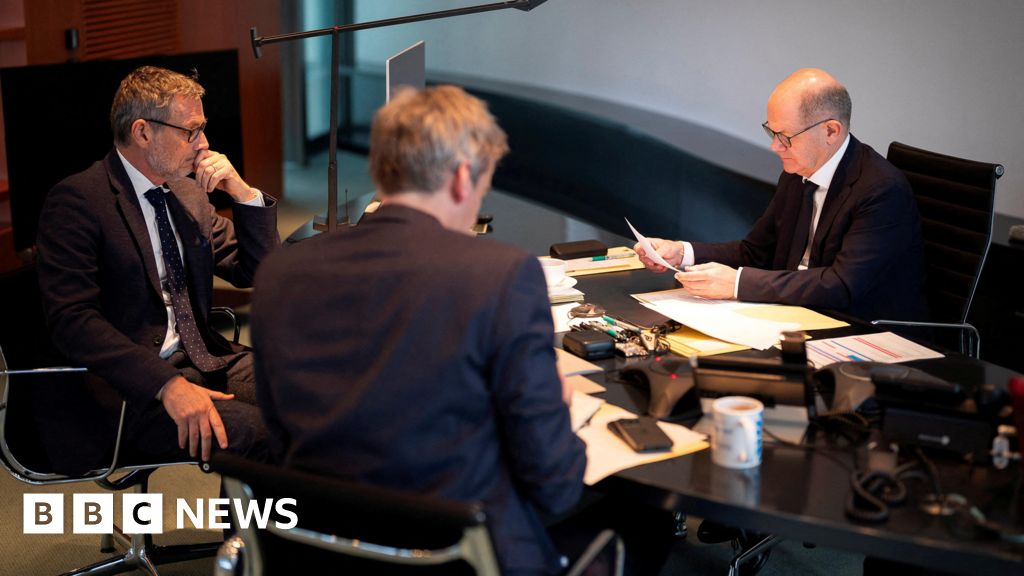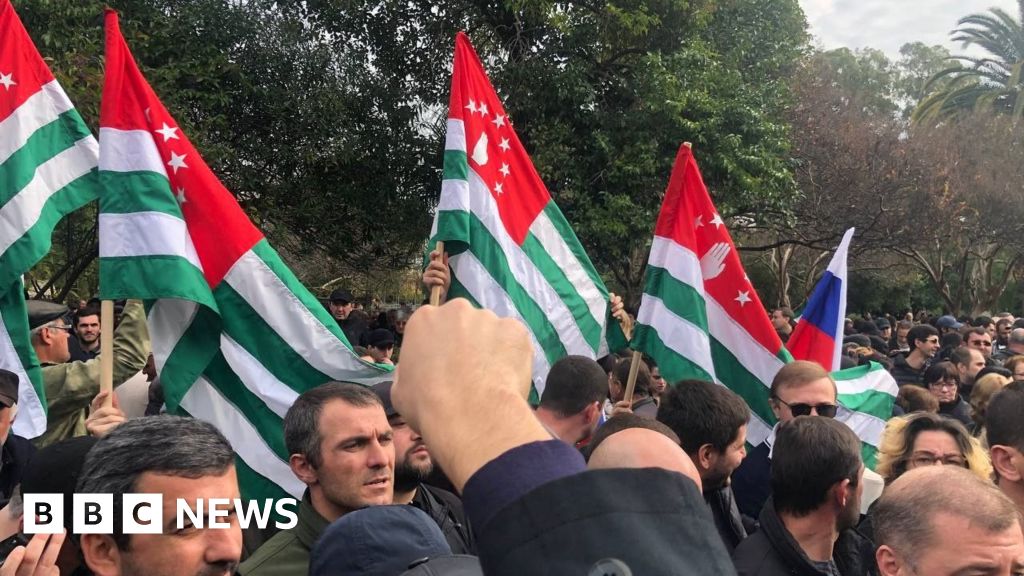ARTICLE AD BOX
Image source, Getty Images
Talks aimed at reviving the landmark 2015 nuclear deal between Iran and six other nations are to resume this month.
Iran's chief negotiator Ali Baqeri Kani said that his government had agreed to a conference in Vienna on 29 November.
The deal was hit hard when then US President Donald Trump abandoned it in 2018 but Washington says it could consider rejoining.
The US will be there, along with the remaining signatories, the UK, China, France, Germany and Russia.
Writing on Twitter, Mr Kani said that Iran had "agreed to start the negotiations aiming at removal of unlawful and inhumane sanctions on 29 November in Vienna".
Ned Price, a spokesperson for the US State Department, said that a deal could be reached quickly if Iran's representatives were "serious".
Under the 2015 agreement, Iran agreed to restrictions on its enrichment of uranium, which has civilian uses but can also be used in nuclear weapons; the amount of that material it could stockpile; and also the type of machinery (centrifuges) used to perform the enriching.
In addition, it agreed to allow international inspections. In return it got a lifting of sanctions.
But Donald Trump abandoned the deal and reintroduced the sanctions after failing to get Iran to agree to provisions to curb its ballistic missile programme and end its involvement in regional conflicts.
Iran nuclear crisis: The basics
World powers don't trust Iran: Some countries believe Iran wants nuclear power because it wants to build a nuclear bomb - it denies this.
So a deal was struck: In 2015, Iran and six other countries reached a major agreement. Iran would stop some nuclear work in return for an end to harsh penalties, or sanctions, hurting its economy.
What is the problem now? Iran re-started banned nuclear work after US President Donald Trump pulled out of the deal and re-imposed sanctions on Iran. Even though new leader Joe Biden wants to rejoin, both sides say the other must make the first move.

 3 years ago
21
3 years ago
21








 English (US)
English (US)